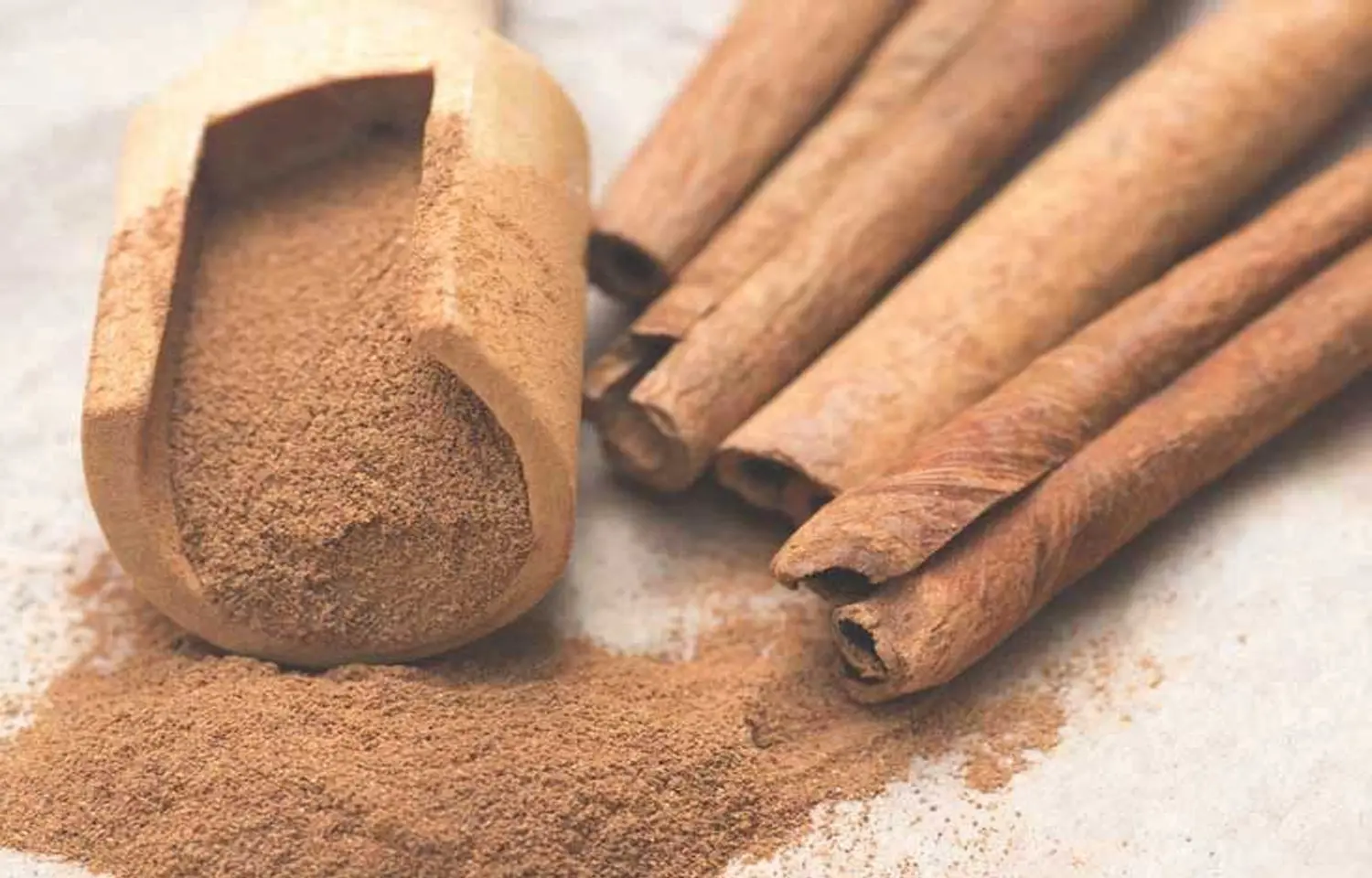- Home
- Medical news & Guidelines
- Anesthesiology
- Cardiology and CTVS
- Critical Care
- Dentistry
- Dermatology
- Diabetes and Endocrinology
- ENT
- Gastroenterology
- Medicine
- Nephrology
- Neurology
- Obstretics-Gynaecology
- Oncology
- Ophthalmology
- Orthopaedics
- Pediatrics-Neonatology
- Psychiatry
- Pulmonology
- Radiology
- Surgery
- Urology
- Laboratory Medicine
- Diet
- Nursing
- Paramedical
- Physiotherapy
- Health news
- Fact Check
- Bone Health Fact Check
- Brain Health Fact Check
- Cancer Related Fact Check
- Child Care Fact Check
- Dental and oral health fact check
- Diabetes and metabolic health fact check
- Diet and Nutrition Fact Check
- Eye and ENT Care Fact Check
- Fitness fact check
- Gut health fact check
- Heart health fact check
- Kidney health fact check
- Medical education fact check
- Men's health fact check
- Respiratory fact check
- Skin and hair care fact check
- Vaccine and Immunization fact check
- Women's health fact check
- AYUSH
- State News
- Andaman and Nicobar Islands
- Andhra Pradesh
- Arunachal Pradesh
- Assam
- Bihar
- Chandigarh
- Chattisgarh
- Dadra and Nagar Haveli
- Daman and Diu
- Delhi
- Goa
- Gujarat
- Haryana
- Himachal Pradesh
- Jammu & Kashmir
- Jharkhand
- Karnataka
- Kerala
- Ladakh
- Lakshadweep
- Madhya Pradesh
- Maharashtra
- Manipur
- Meghalaya
- Mizoram
- Nagaland
- Odisha
- Puducherry
- Punjab
- Rajasthan
- Sikkim
- Tamil Nadu
- Telangana
- Tripura
- Uttar Pradesh
- Uttrakhand
- West Bengal
- Medical Education
- Industry
Is cinnamon intake beneficial for type 2 diabetes patients? Study sheds light

Portugal: In type 2 diabetes patients, the ingestion of aqueous cinnamon extract (6 g/100 mL) does not significantly influence postprandial glucose response during an OGTT, a recent study has stated. However, cinnamon extract possesses a considerable antioxidant activity and inhibition capacity of reactive oxygen species.
Based on the above, the researchers in their study, published in the journal Nutrients, encourage the intake of aqueous cinnamon extract as a source of natural antioxidants owing to its high content in these compounds and respective antioxidant activity.
Cinnamon is an Indian spice that is used in traditional cuisine and has been investigated owing to its hypoglycemic properties. In the study, Ana Paula Rachid, Campus Universitário, Monte de Caparica, Portugal, and colleagues aimed to investigate (1) the effect of aqueous cinnamon extract (6 g cinnamon burmannii/100 mL) on postprandial glycemia levels in type 2 diabetic adults and (2) the total phenols content and antioxidant evaluation.
The clinical trial enrolled 36 adults with type 2 Diabetes Mellitus. They were randomly allocated into two groups: the control group (n = 18) took only an oral glucose tolerance test (OGTT) and the intervention group (n = 18) took OGTT immediately followed by aqueous cinnamon extract (6 g/100 mL) ingestion. In both, groups, blood glucose levels were measured on fasting and after 30, 60, 90, and 120 min.
FRAP and DPPH methods were used for the chemical analysis of the aqueous cinnamon extract included total phenols content determination and antioxidant activity assessment.
Following were the salient findings of the study:
- Aqueous cinnamon extract ingestion did not show a significant difference in the incremental area under the curve, maximum glucose concentration and glucose concentration variation compared with the control group.
- Cinnamon extract possess a total phenol content of 1554.9 mg/L gallic acid equivalent and a strong antioxidant capacity, revealed by the DPPH (5125.0 µmol Trolox/L) and FRAP (3658.8 µmol Trolox/L) tests.
To conclude, "aqueous cinnamon extract did not significantly influence postprandial glucose response in diabetic patients during an OGTT."
Dr Kamal Kant Kohli-MBBS, DTCD- a chest specialist with more than 30 years of practice and a flair for writing clinical articles, Dr Kamal Kant Kohli joined Medical Dialogues as a Chief Editor of Medical News. Besides writing articles, as an editor, he proofreads and verifies all the medical content published on Medical Dialogues including those coming from journals, studies,medical conferences,guidelines etc. Email: drkohli@medicaldialogues.in. Contact no. 011-43720751


